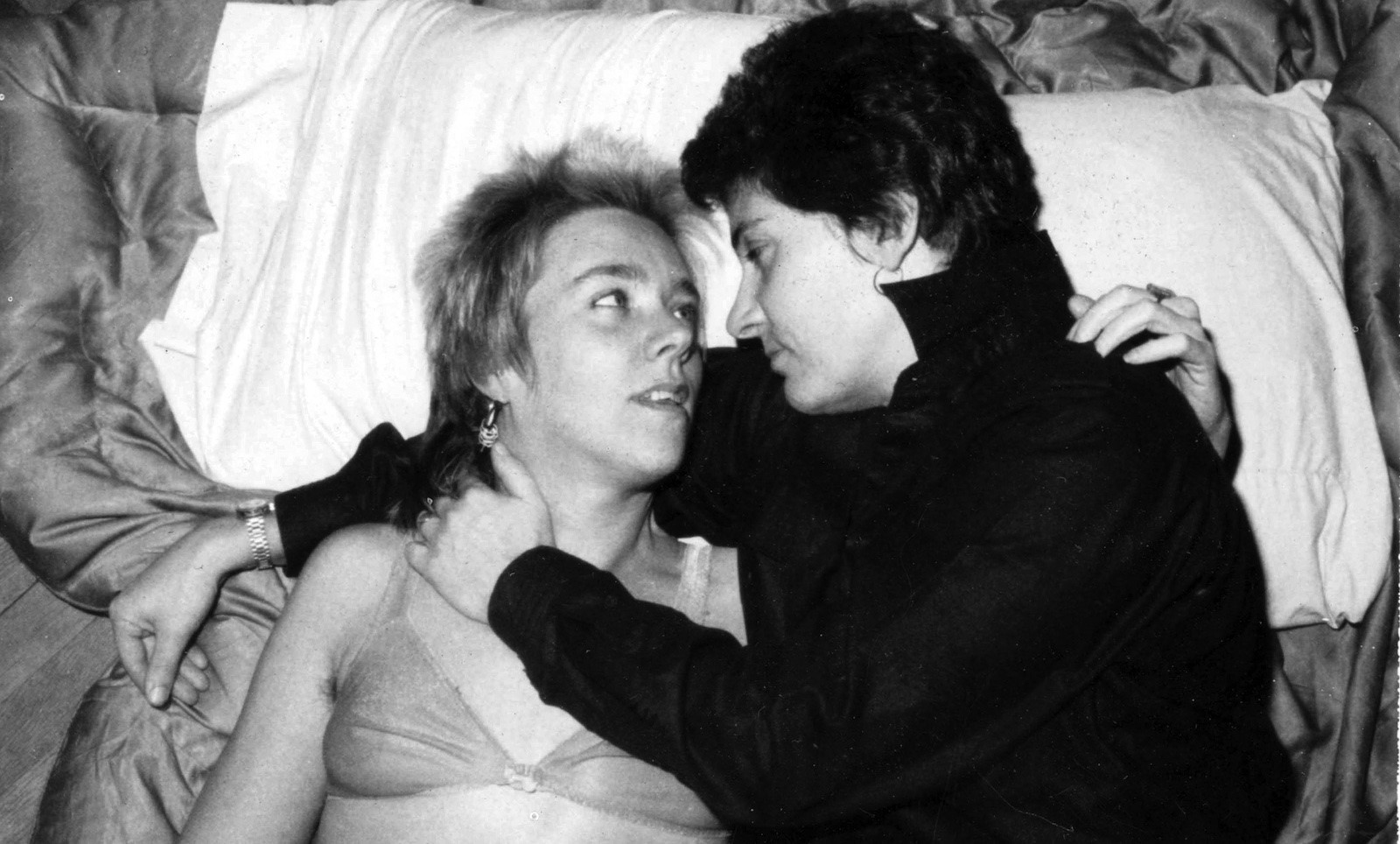“Systemic bias” and “serious flaws” in the handling of missing persons cases impeded the Toronto Police Service’s investigation of a serial killer who preyed on gay and bisexual men in Canada’s largest city for seven years, according to an independent review released Tuesday.
The 161-page report said “misconceptions” and “stereotypical ideas” about LGBTQ people led police to overlook evidence and miss “critical connections” during their investigation into the missing men and Bruce McArthur, who pleaded guilty in 2019 to killing eight men, most of them people of color.
“There was institutional resistance to the notion that these cases might be linked and that a serial killer might be preying on Toronto’s LGBTQ communities. This systemic failure is perhaps the most troubling,” Gloria Epstein, a retired Ontario Court of Appeal justice, said in the report.
Epstein said she “cannot say that McArthur would necessarily have been apprehended earlier if the investigative steps outlined in this report had been taken,” but she said the police force “did lose important opportunities to identify him as the killer.”
The report found that police failed to properly communicate with the public about the investigation, which “heightened existing mistrust and ultimately diminished, rather than protected, the integrity of existing and future investigations.”
“This lack of communication reinforced the broadly held impression that ‘the police did nothing,'” Epstein said in the review.
The interim police chief, James Ramer, said “the deficiencies were neither overt nor intentional.”
“There were too many times that we did not live up to what is expected — and in some cases required — of us to keep you safe and the consequences were grave,” Ramer said in a statement.
The report listed 151 recommendations to help improve missing persons investigations, including doubling the number of investigators assigned to the police department’s missing persons unit from four to eight and involving social service and community agencies in cases.
Jim Hart, chair of the Toronto Police Services Board, said the force “fell short of certain policing requirements and of our responsibilities to effectively engage the communities we serve.”
“It is vital for us to see what went wrong, and importantly, the ways in which we can and must be better,” Hart said.
The 519, a Toronto-based LGBTQ advocacy group, said in a statement that it hopes the review will lead to “real and meaningful change for all marginalized communities and that these recommendations will be considered within broader calls for accountability and a total reimagining of policing in our city.”









